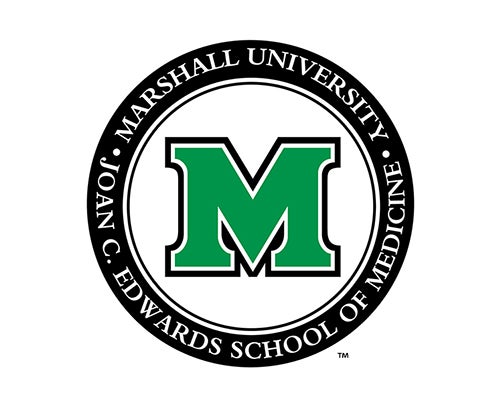The novel approach recruits champions from both clinical and non-clinical departments to immerse themselves in interactive learning scenarios that explain the science of addiction and impact of stigma on efforts to guide people with SUD into recovery.
The broader project includes the development of an e-learning system tailored to the unique experiences of the local health care community, engagement with individuals across specialties in two local hospitals participating in the e-learning system and the peer-to-peer influence of positive language about and interaction with individuals with substance use disorder.
“It’s important for everyone to understand the science of addiction and language of recovery,” said Crystal Welch, lead project coordinator for Quality Insights. “Research shows that by focusing on simple language changes, such as using the terms ‘a person with substance use disorder’ versus ‘addict’ and ‘infants exposed to substances before birth’ versus ‘born addicted’ or ‘drug baby,’ we can help de-stigmatize addiction and help people understand that it is a treatable disease.”
A 2019 anonymous survey identified those within the health care system among those highest in holding stigmatizing beliefs and attitudes. Stigma can impact the quality of clinical care for people with SUD, so training leaders talk about how health care providers may hold negative beliefs and how they can take steps to address and reduce stigma in the health care setting while simultaneously equipping them with tools and methods to help reduce compassion fatigue.
By addressing stigma in the health care setting, a difference can be made for those with SUD by reminding both bystanders and colleagues in health care about the humanity of the disease. People often focus on the “before” picture and not the “after” picture. Having an awareness of stigma with SUD and moving to humanize the disease of addiction brings an awareness that addiction is treatable. When SUD is efficiently and fully addressed, it reduces immediate and future burden on the health care system and the frontline workers within it.
The team presented its model for “Targeting Substance Use Disorder Stigma in the Healthcare Setting” at the 2021 Rx Drug Abuse & Heroin Summit, a national conference with more than 3,500 participants and a keynote presentation from President Joe Biden, held virtually April 5-8. This is the second consecutive year that the Marshall and Quality Insights partnership highlighted local successes at the Summit.
“In our work throughout the community, we identified an opportunity to help health care workers and equip them with information and tools to help individuals with substance use disorder,” said Jodi Maiolo, special projects coordinator for the medical school’s department of family and community health. “This model could work well in any community, which is why we took the time to share our project design on a national stage.”
The e-learning system will be offered to local employees across St. Mary’s Medical Center and Cabell Huntington Hospital by incorporating it into existing hospital-wide efforts that address substance use disorder, such as Project Engage efforts. Project Engage is a joint effort established in 2017 between Cabell Huntington Hospital and St. Mary’s Medical Center to unify policies and protocols to increase likelihood that patients with substance use disorder will be prepared for and choose long-term treatment upon discharge.
The partnership between the medical school’s Division of Addiction Sciences and Quality Insights was established as part of a four-year, $1 million donation of in-kind services by Quality Insights to help the Huntington-based Healthy Connections coalition, a group of more than 20 local agencies that helps pregnant women, mothers and families navigate substance use disorder treatment resources in Cabell County.
————
About Quality Insights
Based in Charleston, West Virginia and serving the Mid-Atlantic region, Quality Insights is a regional and national resource for health care quality improvement, specializing in data collection and analysis, learning and diffusion, health information technology, coalition building and practice transformation. Learn about how Quality Insights is bringing people and information together to improve health at http://www.qualityinsights.org.
About the Marshall University Joan C. Edwards School of Medicine
Established in 1977, Marshall University Joan C. Edwards School of Medicine is a community-based, Veterans Affairs affiliated medical school located in Huntington, West Virginia, that integrates education, research and community service into the practice of rural medicine and primary care. Learn more at jcesom.marshall.edu.

